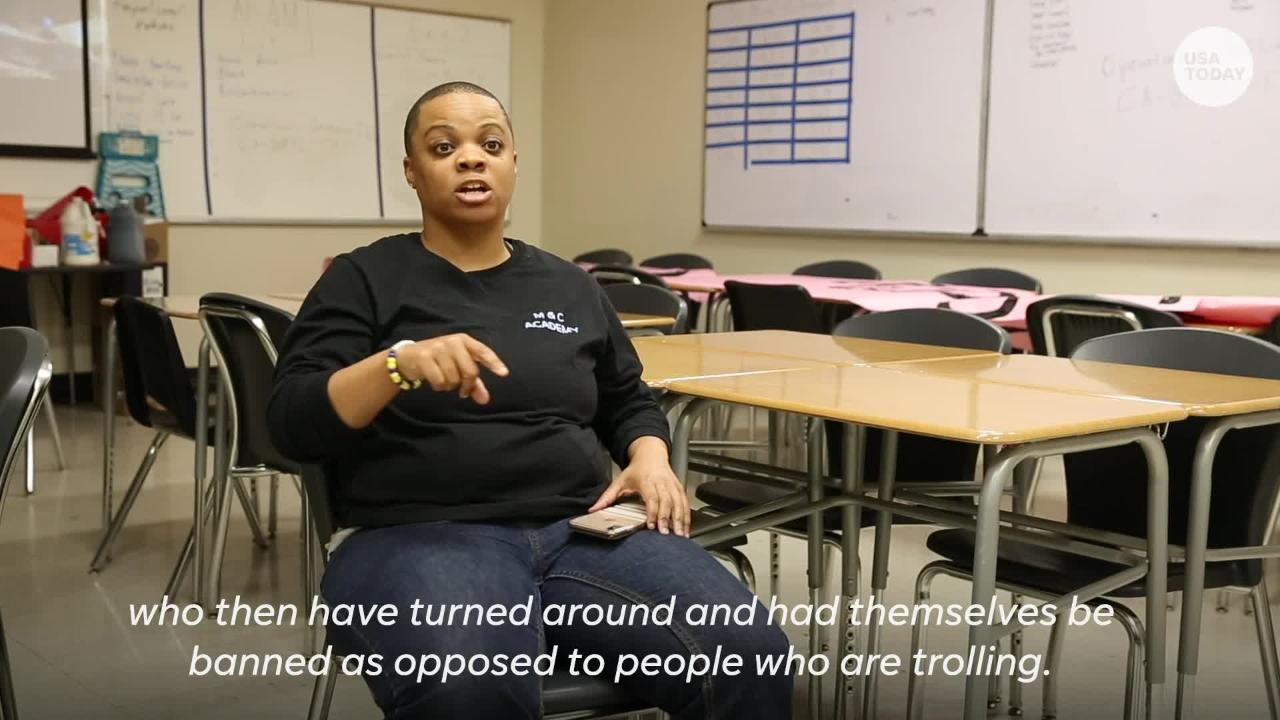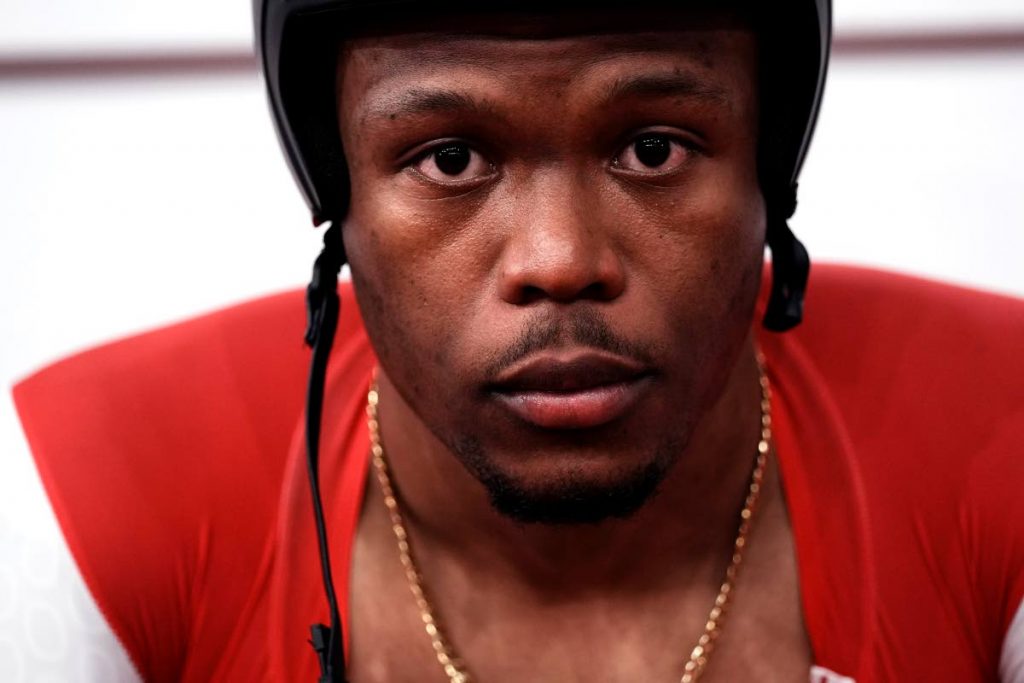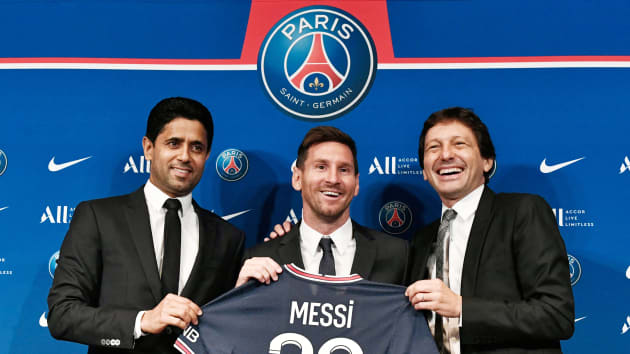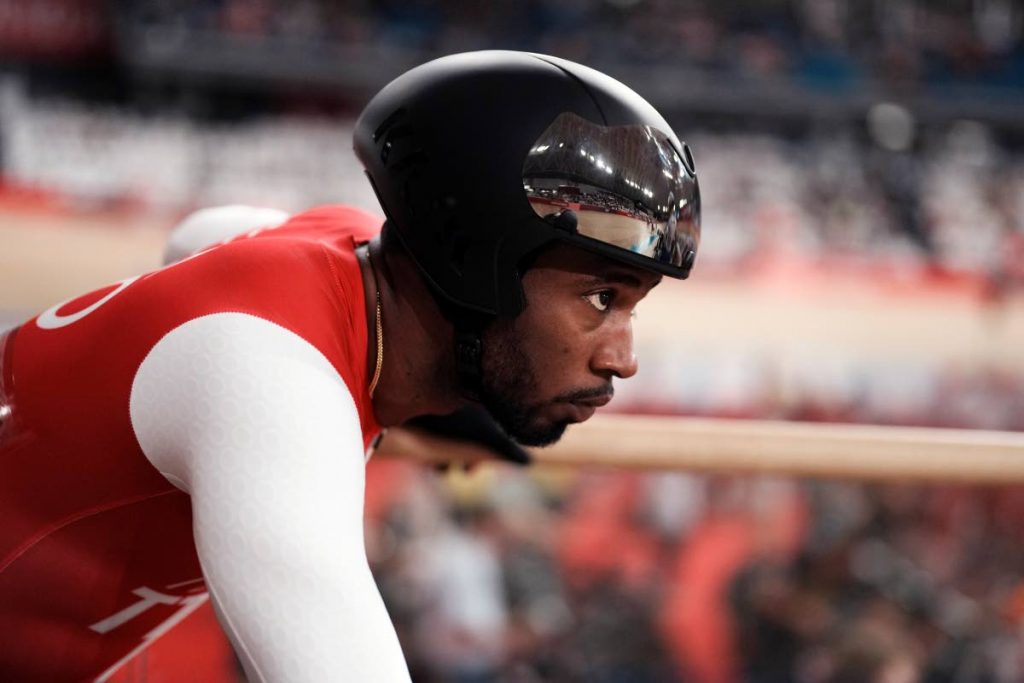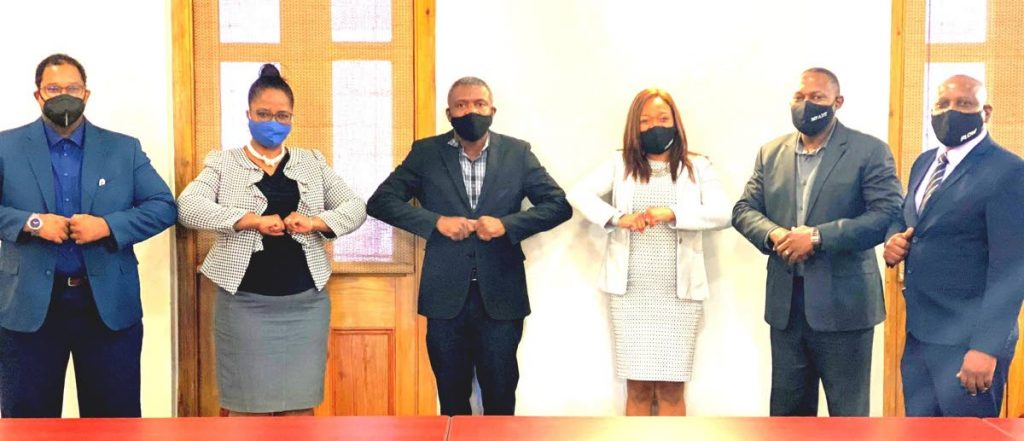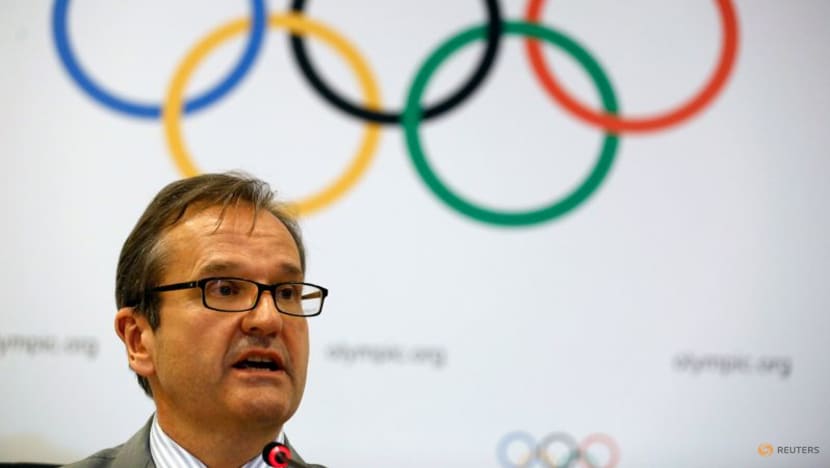Facebook apologized after it mislabeled a video of Black men as “primates,” the latest in a series of racial gaffes by artificial intelligence systems that technology companies use to automate recommendations and other features.
Olympian Nicholas Paul to lead Trinidad and Tobago cycling team at
OLYMPIC cyclist Nicholas Paul leads a six-member Trinidad and Tobago team at the International Cycling Union (UCI) Nations Cup which rides off in Cali, Colombia from September 9-12.
PSG president says world will be ‘shocked’ by revenues from Messi signing
Paris Saint-Germain President Nasser Al-Khelaifi says the world will be “shocked” by the financial revenues generated by the club’s signing of global soccer superstar Lionel Messi.
Cyclists Paul, Browne advance to men's keirin quarter-finals
National cyclists Nicholas Paul and Kwesi Browne advanced to the men’s keirin quarter-finals on Saturday. The pair will ride at about 9.29 pm and 9.34 pm respectively for a spot in the semi-finals.
Flow, Digital Transformation Ministry partner in plan for Trinidad and Tobago
Telecommunications company Flow and the Ministry of Digital Transformation have partnered to develop a digital transformation plan for Trinidad and Tobago.
Sharing videos on social media from Tokyo Olympics is not allowed: IOC
TOKYO: Sharing videos from the Tokyo 2020 Olympic Games on social media is not allowed, even for athletes, the International Olympic Committee (IOC) said on Thursday (Aug 5) as it looked to protect broadcasters' rights.
Jamaican double gold medallist sprinter Elaine Thompson-Herah was blocked briefly from Instagram on Wednesday after she had posted videos of her victorious 100m and 200m races to her 310,000 followers, violating broadcast rights for the Games.
A Facebook spokesperson later said that while the content from Facebook-owned Instagram was removed, the suspension was wrongly applied.
"We encourage people, we encourage everybody, to share still pictures of performances, but the video obviously belongs to the rights-holding broadcasters," IOC spokesman Mark Adams said.
The IOC will receive more than US$4 billion in broadcasting rights for the period, including the 2018 Pyeongchang Winter Olympics and the Tokyo Games, much of which goes back into the Games and in supporting sports and athletes.
The biggest single chunk of that money comes from United States broadcaster NBCUniversal - which has paid US$7.65 billion to extend its US broadcast rights for the Olympics through 2032.
Adams said that 90 per cent of the income from broadcasters that the IOC gets is redistributed. "That money comes to the IOC. We have to protect their rights and therefore the income which we can redistribute to athletes and sports."
Social media has increasingly become a key way for audiences to engage with the Games.
This year, athletes have posted viral TikToks from behind the scenes, including jumping on their much-discussed cardboard beds to debunk claims that the beds were not strong enough to withstand vigorous activity and were therefore "anti-sex".
But there are copyright and other restrictions on the kinds of online content that can be posted from the Games.
Source: https://www.channelnewsasia.com

